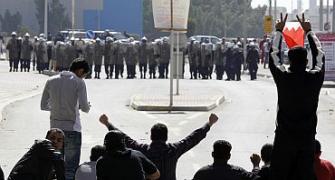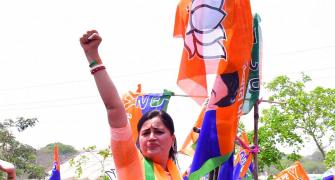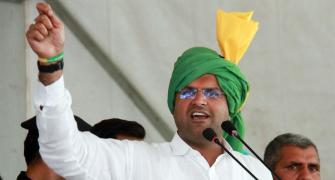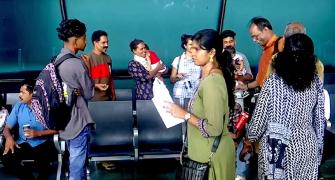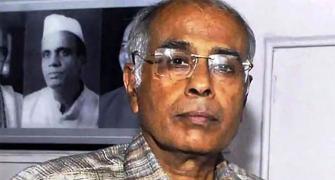Although sectarianism is very common in Pakistan but these days, Balochistan province is much under the influence of this menace where people from Sunni and Shia sects are targetting each other.
The situation at Balochistan is very tense, especially after Tuesday's incident when Sunni extremists attacked a passenger bus carrying Shia pilgrims from Quetta to Iran.
The incident took places at Mastung area when 26 pilgrims were killed by the Sunni extremist. The situation further worsen when some hour later three people from Hazara community were gunned down at Akhtarabad area of Quetta when they were making way to the site of bus attack.
These incidents were enough for the Shia sect to come to street and kick off countrywide protests. Sectarian violence came to Pakistan during the military regime of General Muhammad Zia-ul-Haq.
In early 1980s the first incidents of sectarianism were reported in Karachi and South Punjab that slowly and gradually spread all across the country.
When sectarian violence reached Kurram agency in 1985 it broke all previous records; the clashes still continue and Sunni and Shia tribesmen are attacking each others; and even they bear zero tolerance policy for the opposite sect's children, women.
There are clear evidences that two countries have played great role in fueling sectarian violence in Pakistan; Iran has always supported Shia extremists while Saudi Arabia funded hardened Sunnis.
Sectarian violence came to Balochistan after the expulsion of Taliban from Afghanistan following 9/11 attacks. When Taliban rushed to Quetta they brought the sectarian violence with them.
In first ever attack of its nature the Sunni extremists killed a dozen Shia Hazara policemen at the provincial capital in 2002. Later on the sectarian violence became an activity of day to day life in all around the Balochistan province.
Statistics show that during 2010 some 98 people were killed and another 250 sustained injuries in different incidents of sectarian violence in the province while in 2011 so far 72 killings have been reported in Balochistan.
During these incidents majority of the victims belongs to Shia sect. Reports reveals that as many as 230 people from the Shia community have been killed since 2007 in sectarian targeted killings in Balochistan.
Some Sunni leaders have also been killed during the target killing like on July 28 this year, Abdul Karim Mengal, a Deobandi prayer leader at Jamia Albadar was killed in Pashin area when he came out of his Mosque.
Seeing that the Shias are under fire in Balochistan, Iran had started supporting the Shia community. Media reports show that in June this year more than 150 people from the Hazara Shia community were invited to Iran for attending the death anniversary of Ayatollah Khomeini.
On their returned they started some programs that were not previously reported. It was the reason that unlike previous occasion this time the Shia marked Shab e Barat with great enthusiasm.
They also cut a huge cake in during a show which was almost a new thing on the part of Shia community in Balochistan.
Even the chairman of Hazara Democratic Party, Abdul Khaliq Hazara blames Iran for fuelling sectarian violence in the province. Recently he was quoted as saying, "They (Shias) play in the hands of Iran, our religious leaders; funds come from Iran through their consulate and we see this action-reaction pattern which takes toll of Hazara life."
At the same time the Hazara community is blaming 'some elements in establishment; for supporting the members of Lashkar e Jhangvi, an anti-Shia Sunni militant outfit.
